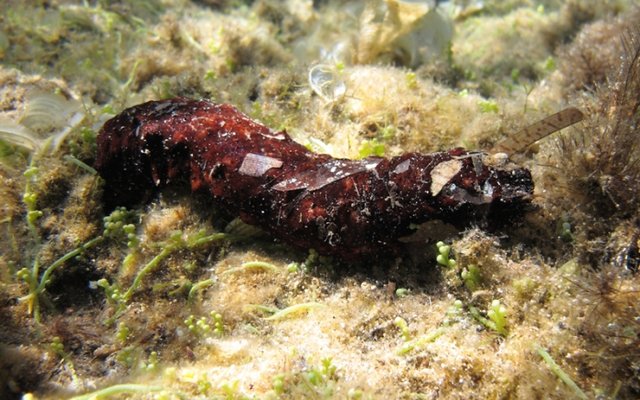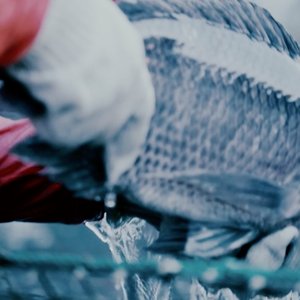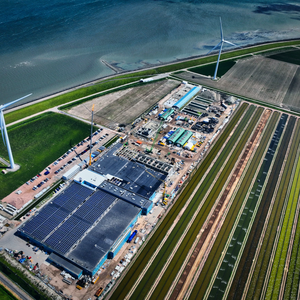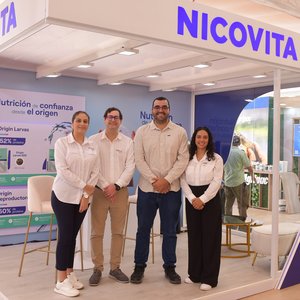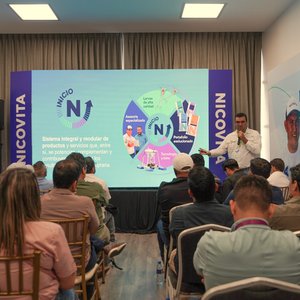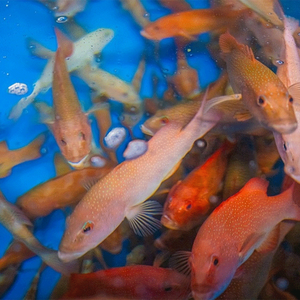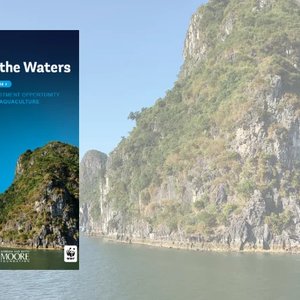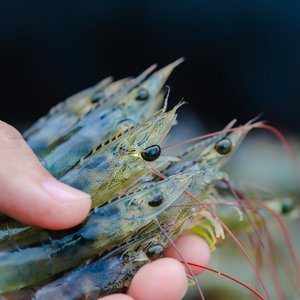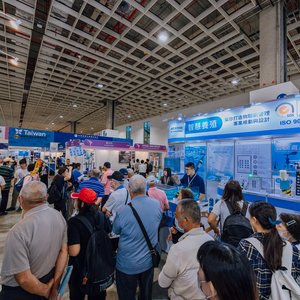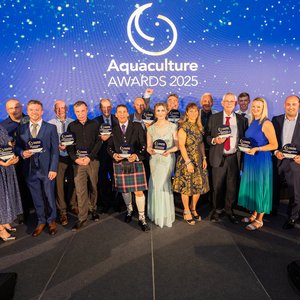New research led by the University of Stirling’s Institute of Aquaculture shows how sea cucumbers can flourish by feeding and growing on organic waste released from commercial fish farms in the Mediterranean.
The discovery shows that adding sea cucumbers can reduce the environmental impacts of marine fish farming while providing a high-value extra product. Mediterranean sea cucumbers can cost between €30/kg dried and €120/kg as a processed product, where farmed seabream is currently worth just six euros per kilo.
“This research shows the feeding connectivity between fish and sea cucumbers under marine commercial fish cages, which means that farming them together in an integrated multi-trophic aquaculture (IMTA) system is viable. Our results show that sea cucumbers take up fish farm waste and how this helps the sea cucumber grow,” said PhD researcher at the Institute of Aquaculture, Karl Cutajar. “Something that removes organic waste, which can have a negative impact on the seafloor, while being a valuable commercial product, without the need for feed input, is an exciting discovery that presents environmental and economic opportunities.”
In Asia, sea cucumbers are highly in demand for food but supply is short, even causing overfishing in some areas. Sea cucumbers also have antibacterial and anticancer properties and are increasingly being investigated for medicinal and pharmaceutical uses worldwide. Different varieties of sea cucumber also grow in colder waters, such as those around the UK, and research is exploring their value and impact, especially around the processing and use of organic waste from marine aquaculture.
This research, part of the European Union’s Horizon 2020-funded project Tools for Assessment and Planning of Aquaculture Sustainability (TAPAS), carried out with AquaBiotech Group and the University of Palermo, combined two analytical techniques to prove the cucumbers were successfully processing the fish waste. Stable isotopes, used to assess diet, showed that the sea cucumbers were using the fish waste as their dominant food source. Fatty acid analysis in sea cucumbers grown near fish cages showed the presence of terrestrial, plant-based ingredients that could only have come from fish feed, showing that these sea cucumbers were using this source of organic waste to grow.
Angus Sharman, fish farmer at MFF Ltd in Malta, where the research took place, said that “as the demand for seafood grows, MFF Ltd strongly believes in the need for the development of sustainable aquaculture, possibly through IMTA systems such as this. The application of this technology across the Mediterranean aquaculture now seems very possible.”
Cutajar added, “our research showed that the nutritional benefits of sea cucumbers produced near fish cages may have the potential to create economic value for producers to invest in sustainably farmed products and, as a preference for eco-labeled products increases, these findings could encourage product diversification through IMTA.”
References:


